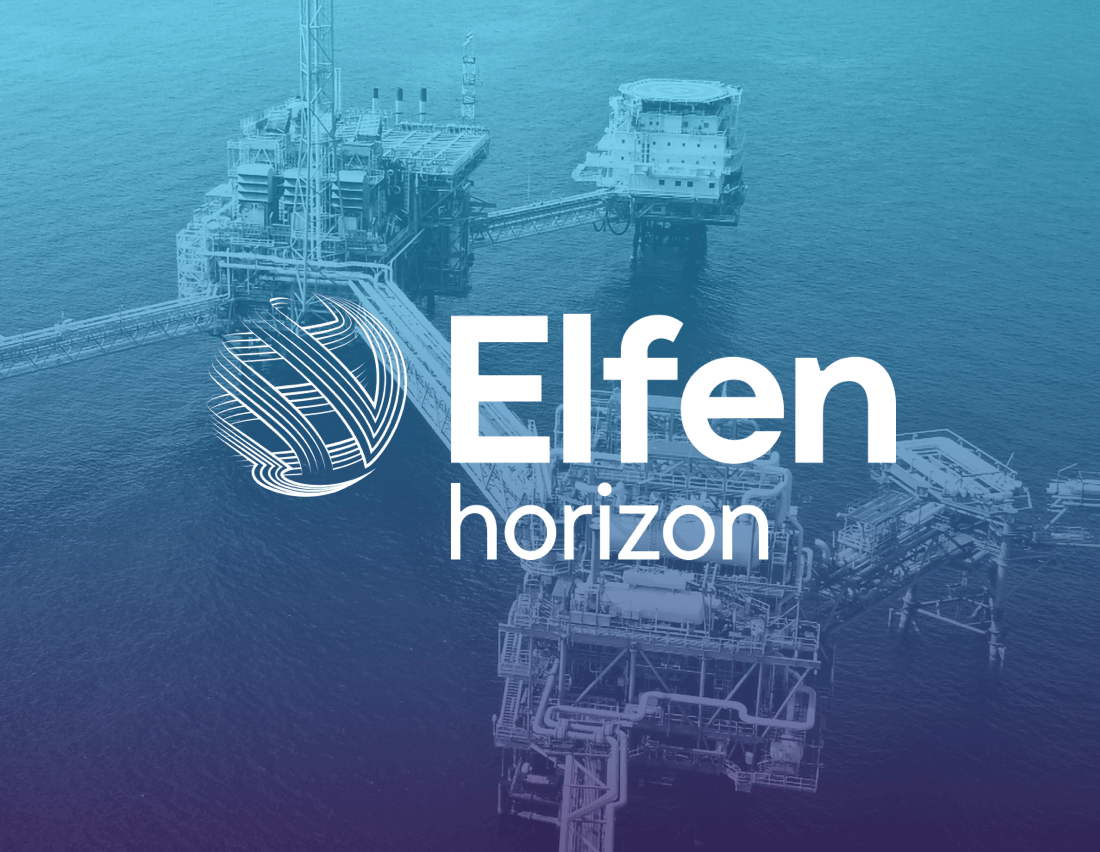This method carries associated risks such as; potential reactivation of faults due to CO2 pressurization & injection; undesired migration of the injected CO2 plume (leading to leakage to surface in large quantities); fracture initiation/propagation driven by the injected CO2 & cap rock breach - can be listed as some of the risks associated with CCUS operations.
This is an extremely important area and operating companies need to understand the associated risks within the framework of complex geological settings and target formations.
Assessment of carbon storage risks serve as key requirements for CO2 site selection, injection management, and design of monitoring, mitigation, and verification (MMV) programs. This requires robust workflows implemented in physics-based tools and to close the existing gaps within industry standard subsurface MMV programs. Elfen software offers an all physics- based tool to address this gap.
Injection and storage of CO2 in subsurface increases the pressure of formations. The increase in pressure may result in surface uplift, reactivation of faults, CO2 leakage, fracturing and cap rock breach. Associated risks may depend on initial stress state, formation/reservoir properties, fault and natural fracture networks. This complex phenomenon requires coupled (flow & mechanical) models to capture a realistic realization of subsurface processes.
Elfen software builds on a hybrid Finite-Discrete element technology and provides a science-based understanding of the formation response to CCUS operations. Elfen integrates advanced geomechanical simulations with multi-phase flow algorithms, discrete fault surfaces as well as fracture initiation/propagation physics and damage assessment of the formation due to CO2 injection.
Elfen software builds on a hybrid Finite-Discrete element technology and provides a science-based understanding of the formation response to CCUS operations
Features and Benefits
- Full physics-based assessment of CCUS sites and risks: integrated with operator’s MMV programs
- Efficient coupling of geomechanical models with multi-phase flow algorithms
- Realization of discrete fault surfaces with rate & state dependent frictional fault reactivation algorithms
- Advanced fracture initiation and propagation algorithms driven by migration of the CO2 plume
- Advanced constitutive models that capture both brittle and ductile formation response to CO2 injection
Our Software
Elfen’s flexibility and modelling power has allowed it to be successfully utilised in a wide range of industries. We have developed specialist software modules to cater towards your specific industry.

Elfen Horizon
Using our geomechanical finite software Elfen Horizon offers an efficient and intuitive UI and analysis tool to gain an understanding of the subsurface material and stress state. Application to predict static/dynamic response of subsurface at reservoir scale and through the utilization of coupled processes.
learn more
